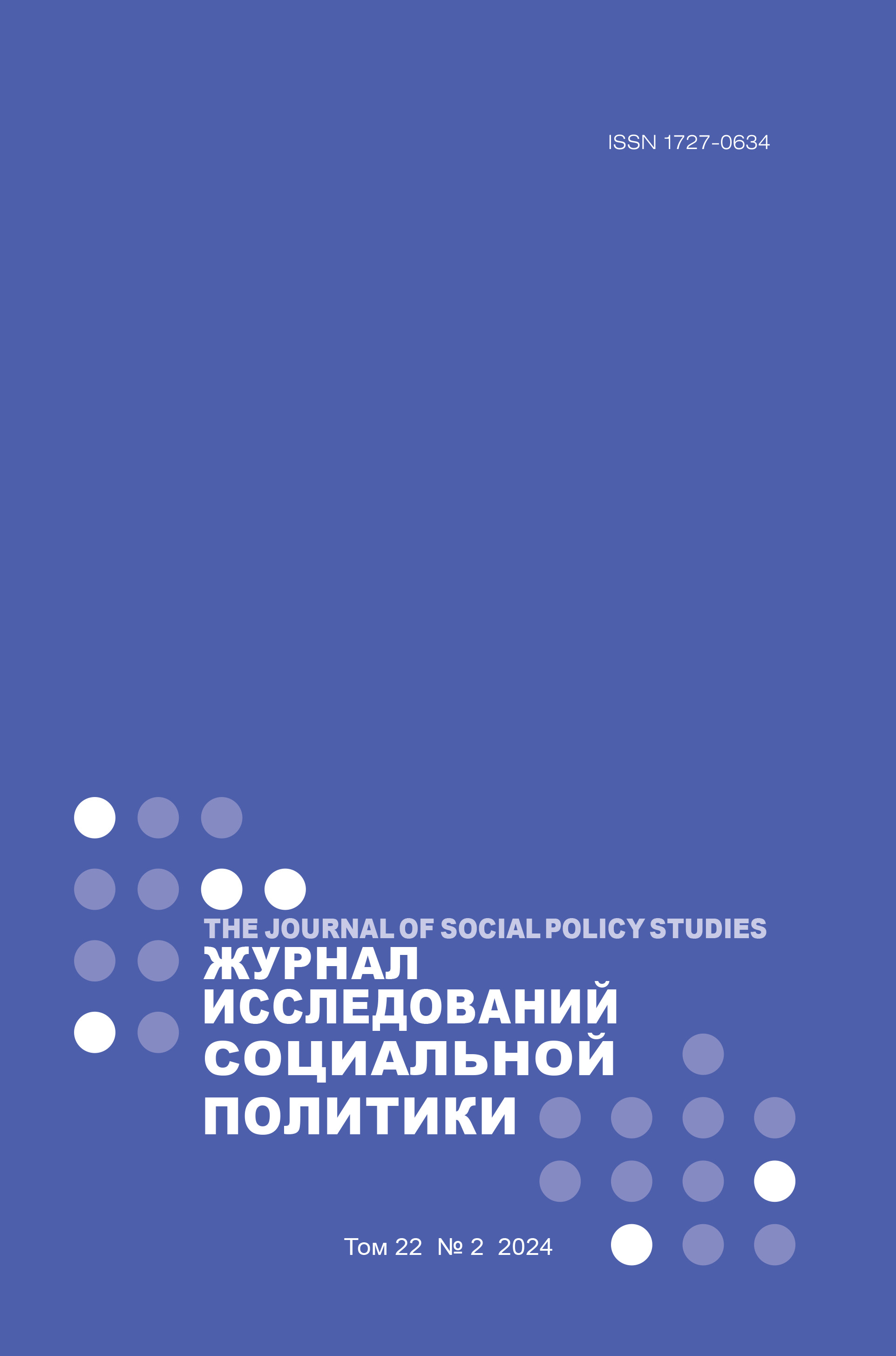Digital Transformation of Government and Socio-Economic Inequality in a Cross-National Perspective
Abstract
The interaction between ICTs and inequality is a growing multidisciplinary area of research. The introduction of new technologies, particularly in the public sector, is often accompanied by the discourse regarding their positive socio-economic effects, but the empirical evidence from studies to date is less clear. Studies have found both positive and negative effects of digital transformation on socio-economic inequality, often mediated by other variables such as institutional quality. This paper contributes to this field of research by providing a cross-national empirical analysis of how e-government and e-participation technologies affect inequalities in the provision of basic public services along three dimensions (income, social group, gender). The study is based on the data collected by the UN and the Varieties of Democracy project, covering the period from 2008 to 2022 and 171 countries, using correlation and regression analysis. The paper reveals that indicators of digital transformation significantly and positively correlate with dimensions of socio-economic equality in access to public services: inequality is lower in countries with a high level of online services and e-participation development. At the same time, the panel data analysis with fixed effects does not provide convincing evidence of a causal mechanism behind this correlation. The development of e-government and e-participation technologies has a statistically significant effect on reducing inequality in access to services related to income, but is not significant for other dimensions of inequality (social group, gender), when controlling for time, country, and institutional effects. The findings may indicate both a lack of data and the insufficient impact of ICTs on social development. Expanding the temporal and geographical scope of the study, using alternative measures of variables and other methods of analysis (including case studies) are important further steps in exploring this issue.















